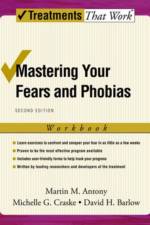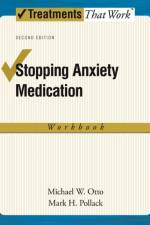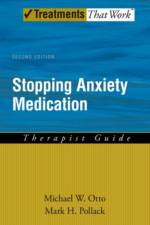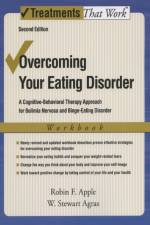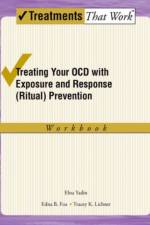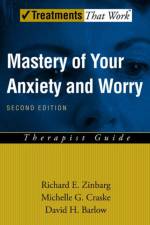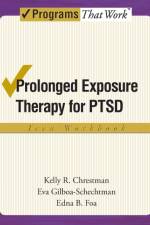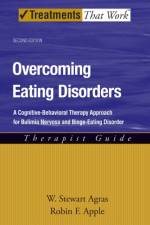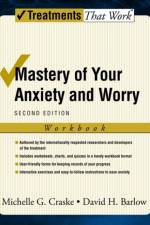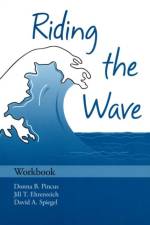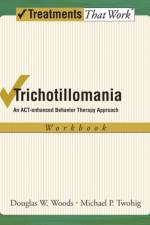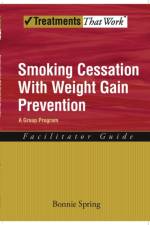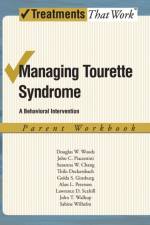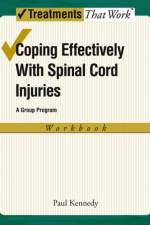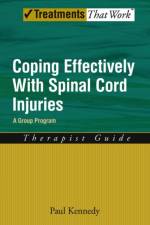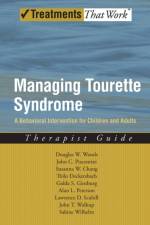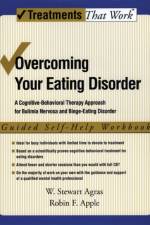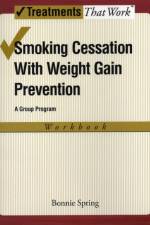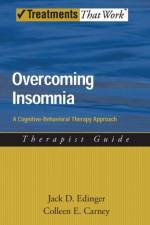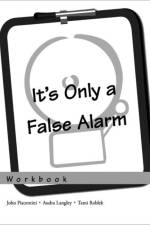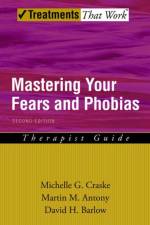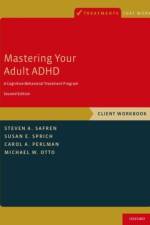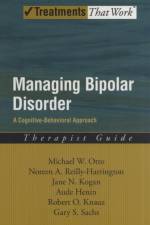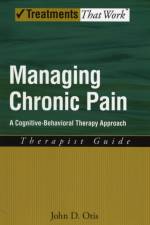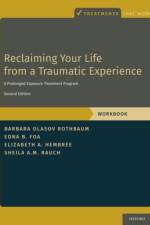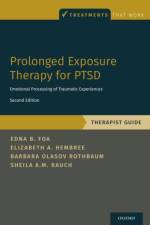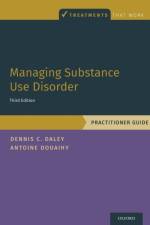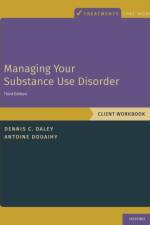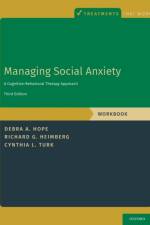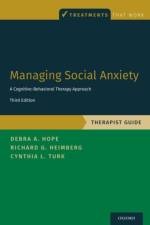av Paul (Professor of Clinical Psychology Kennedy
551
For individuals who have suffered a spinal cord injury, it is a struggle to know how to assess and cope with such a life-changing event. The coping strategies that a person employs can have an enormous impact on their mental well-being and long-term health. Approach focused coping, in which the individual accepts and seeks to understand their condition, results in a sense of mastery, self-efficacy, and post traumatic growth. Conversely, avoidance focused coping canlead to anxiety, depression, self neglect, and substance abuse problems. Approximately 50% will meet the diagnostic criteria for depression at 6 months post injury. Research shows that those with depression will have a poorer outcome and shorter life-span. Coping effectiveness training (CET) aims to improve skills for assessing stress, teaching a range of coping skills that can be used to tackle stress, and provide an opportunity for interaction with others who have similar experiences of spinal cord injury. CET includes the identification of effective and ineffective responses to stress, especially those that are particularly unhelpful, such as disengagement, general avoidance, long term denial, and the expression of extreme emotion. Byencouraging individuals to think critically about their behaviour in response to stressors, CET helps people avoid unproductive ways of coping. Like all TreatmentsThatWork programs, this treatment is evidence-based. In the author's clinical studies, CET has proven to successfully reduce levels of depression and anxiety in individuals with spinal cord injury, and also resulted in changes in negative self-perception and improved self-efficiacy. The intervention consists of seven, 60-75 minute sessions run two a week in small groups of six to nine people. By working in small groups, participants are able to share experience andbuild a community, reducing the sense of isolation that often results from sever injury. A corresponding workbook provides monitoring forms, homework exercises, and other user-friendly techniques to continue the work outside of therapy.

